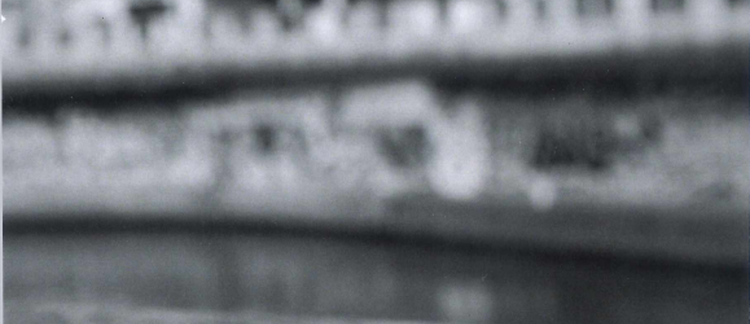Abstract
Sports clubs are often seen as catalysts for integration. This paper analyses what social mechanisms and dynamics within a sports club can contribute to the development of interethnic relations. We define four theoretical scenarios wherein these interethnic relations do or do not develop. The scenarios are defined by the high or low symbolic cost to be paid in the sports club context when engaging in an interethnic relationship; and by how highly someone’s sport skills are valued in the Bourdieuan ‘field’ of a sports club. Based on eighteen individual semi-structured interviews with youngsters in a soccer and basketball club, we illustrate how interethnic relations develop in both clubs. Using the concepts of bonding and bridging social capital, we analyse the added value respondents can get out of these relationships. Although we define the links between them as ‘weak ties’, added value is created by the exchange of information (c.q. language, the city, school, religion); and, additionally, we find how these relationships create a more open mind vis-à-vis social diversity.
How to Cite:
Wauters, J., Levrau, F., Michielsen, J., Clycq, N. & Timmermans, C., (2017) “Is sport een facilitator voor integratie?: een kwalitatieve analyse van interetnische vriendschappen en sociaal kapitaal in sportclubs”, Sociologos 38(3), 273–292. doi: https://doi.org/10.21825/sociologos.86949
Downloads:
Download PDF
View PDF


